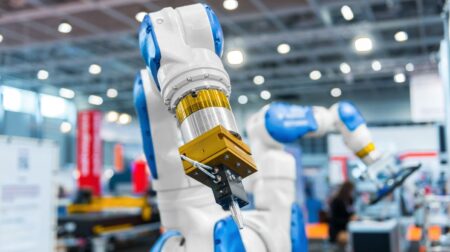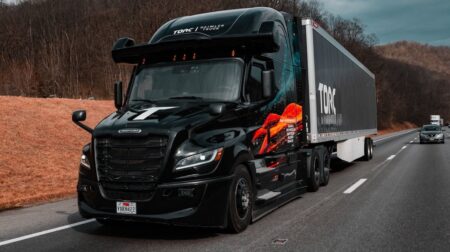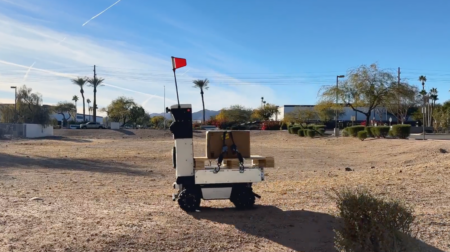Roboat – a research project by Massachusetts Institute of Technology (MIT) and Amsterdam Institute for Advanced Metropolitan Solutions (AMS Institute) – is developing three use cases for autonomous vessels on Amsterdam’s waterways.
Following the development of two full-scale prototypes, and five years of research, the project will trial the self-driving boats for passenger transport, logistics (waste collection) and surveying water infrastructure and monitoring water quality.
The Roboat team deploys algorithms to categorise specific objects it detects during its pathway. Tests take place at the inner-harbour of Marineterrein Amsterdam Living Lab – a testbed for innovation located in the centre of Amsterdam.
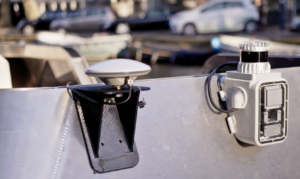
To autonomously determine a free path, Roboat uses lidar and cameras to establish a 360-degree view. This is also referred to as the “perception kit” and lets Roboat understand its surroundings. When the perception picks up a new object, for instance a canoe – the algorithm flags the item as “unknown.”
When the team later looks at the collected data from the day, the object is manually selected and tagged as “canoe.” This way the algorithm is trained to – in time – outperform the human eye in object recognition.
“Every time the vessel navigates the area, it gains experiences and learns from previous situations and object encounters. As a result of the continuous feedback loops Roboat can now autonomously navigate in this area,” said Ynse Hendrik Deinema, Roboat project coordinator.
Furthermore, the boat’s latching mechanism allows the boat to connect to a docking station, or to another Roboat.
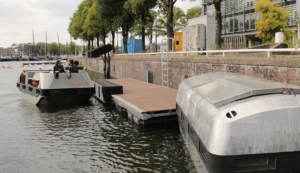
The next stage of the project is to commercialise the technology with the team focusing on an autonomous taxi model next year.
Stephan van Dijk, director of innovation, AMS Institute, said: “Whereas autonomous shipping focuses on more straightforward trajectories, Roboat is designed to navigate dynamic and busy urban waterways, such as the Amsterdam canals.
“Which makes Roboat relevant for delta cities and harbour areas world-wide. It also creates new possibilities for flexible urban infrastructures. Combined with its ability to perform its tasks 24/7, Roboat can add great value for a city.”

